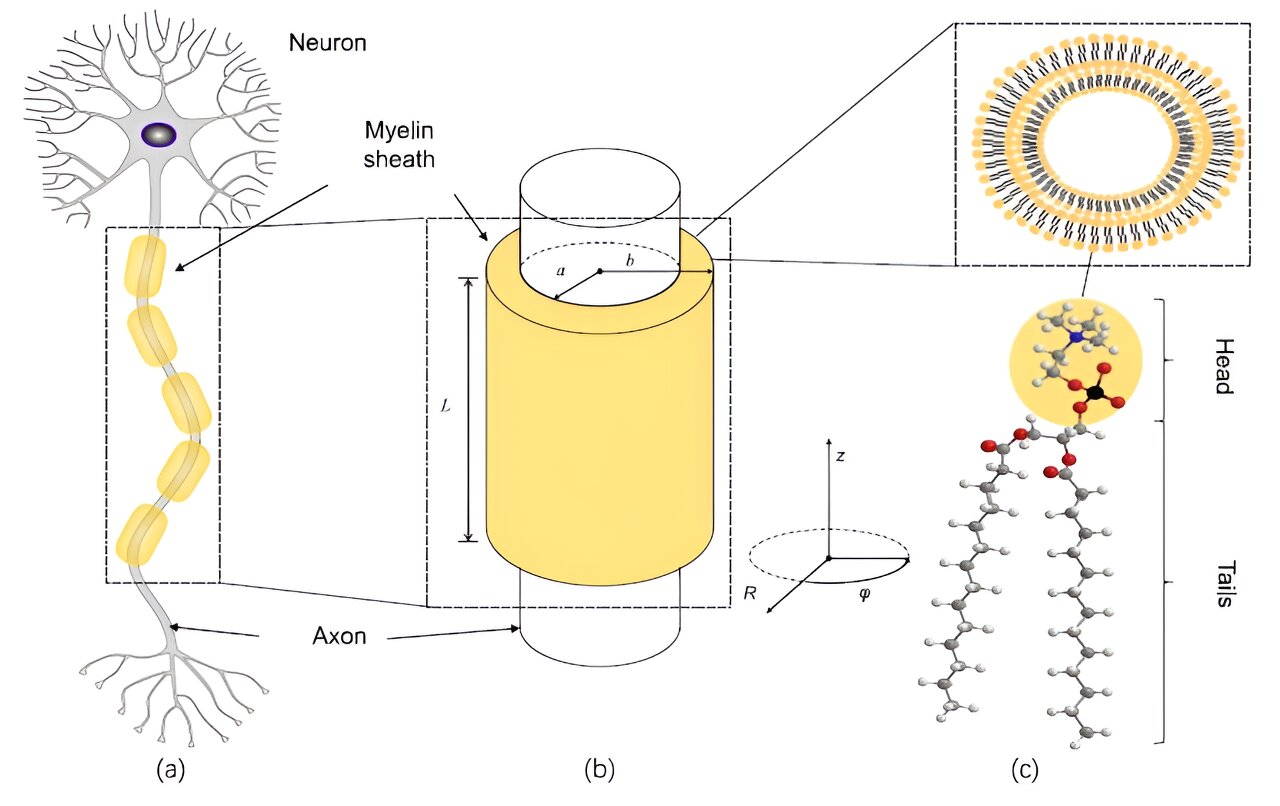- cross-posted to:
- [email protected]
- cross-posted to:
- [email protected]
Understanding the nature of consciousness is one of the hardest problems in science. Some scientists have suggested that quantum mechanics, and in particular quantum entanglement, is the key to unraveling the phenomenon.
The brain communicates within itself by firing electrical signals called synapses between neurons, which are the main components of nervous tissue. It is the synchronized activity of millions of neurons that consciousness (among other brain business) relies on. But the way this precise synchronization takes place is unknown.
Entanglement means the two-photon state is not a classical combination of two photon states. Instead, measuring or interacting with one of the photons instantly affects the same property of the second photon, no matter how far away it is.
Entanglement has been demonstrated for a system whose members are over 1,000 km apart. Nothing like it exists in classical physics; it is purely a quantum phenomenon. Here entanglement would raise the possibility of much faster signaling along the sections of myelin that encase segments of the axon’s length.
One possibility, the authors write, is that the entanglement of photons could transform into entanglement along potassium ion channels in the neuron. If so, the opening and closing of one channel may affect the performance of another somewhere else.



I’ve always believed consciousness was at least partially a quantum process, which helps explain why its precise workings have still not been discovered to this day.